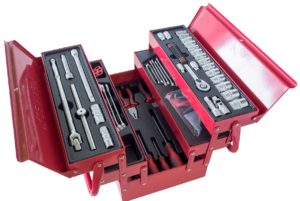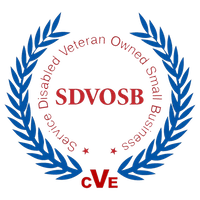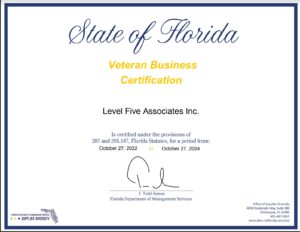“Tools For Your Toolbox During Times of Isolation” — This is the ninth in a series of blogs on adaptive leadership.
It is my belief that foundational leadership principles give leaders the ability to build teams capable of handling whatever might come their way. This series is based around what we at Level Five Associates have as one of our foundations: “The Big Six.”
The Big Six are the result of years of personal experience and observation of what make great teams work.
Part of what we consider so important about The Big Six Leadership Principles® is a belief that these concepts are, essentially, universal and unchangeable.
The underlying principles are always the same, giving us as leaders a foundation to build resilient — and adaptable — teams.
I’d like to share with you some questions I received that cut across multiple components of the Big Six. 
The answers may provide you with some “tools for your toolbox,” especially in times of isolation from other members of your team.
“What non-monetary rewards do you recommend to incentivize the team?”
One of my favorite rewards is to recognize team members in front of others. You can do that by having a particular time during meetings when you recognize who’s been good, who’s a hero, and who our champions are in promoting our azimuth, our listening skills, our trust and empowerment—those kinds of things. You can use the Big Six principles as segues into recognizing people.
The other tool I really value is the handwritten note. It doesn’t cost much to pick up a piece of stationery.
Write a note to someone and say you value them and what they’re contributing to the benefit of your team. Put a good old-fashioned stamp on the envelope and mail your handwritten note. Among the heroes of this pandemic are our postal workers, who deliver mail every day. In my experience, people are still thrilled to receive a personal note in the mail. So write a personal note to someone and tell them you value what they contributed this week to the project or a meeting that you’re having and see what happens.
I can tell you from personal experience that people often collect and keep those handwritten notes. I am always touched when I learn that folks kept notes from me. I had one person who actually made a scrapbook of them! The handwritten note is a tool for your toolbox. It makes a big difference.
“What tools and techniques do you use to stay positive?”
One of the tools that I use is self-reflection.
I take about 10 minutes every day to audit myself and basically say, “Okay, Robert, what have you done to contribute to your Personal Mission Statement?” I have a Personal Mission Statement of who I am and what I represent, and I audit myself every day. What did I do to fulfill some portion of my Personal Mission Statement? (I think that helps me stay, as Jimmy Buffet says, “within the navigational beacons.”)
But the idea here is to pump yourself up, right? (Like Hans and Franz, “We’ll pump you up!”) You’ve got to give yourself a little pep talk every day, do an audit, and ask, “Okay, am I being positive or am I letting things get me down? Am I going to be someone who’s always wringing my hands? That’s really not the person that I want to be.” I would encourage you to use a personal audit every day to see whether you are indeed staying positive.
Another tool I use is physical exercise. I’m a big believer in the benefits of exercise. One positive outcome of the pandemic is that I’ve had more opportunities in recent times to get some exercise! A few minutes a day, I’d say 30 minutes for sure, I get out, go for a walk. I do that much more often now.
So, exercise helps you stay positive because you’re keeping those battery levels charged. (Note: consult your medical professional before starting any new physical exercise regimen.)
Another thing I recommend is staying in touch with family. I try to contact someone in my family every day and just make sure they know I love them. We assume people know that, but that’s not necessarily the case. I’ve never met anybody who’s ever complained that they told their family they loved them too much or too often.
These are some tools you should put in your toolbox. If you don’t have them, add them.
If you have these tools, but are neglecting them, dust them off and make using them a habit — rather than something you do by exception.
Another input I received from someone: they asked me to let people know that the emotions of separation are okay, that working remotely will make them more effective in the long-run. He has personal experience with feelings of loneliness that accompany working in an isolated environment. I think he shared a wonderful insight. I really believe we can all be better people because of what we’re going through.
Positivity is such a key element of leadership. People are turning to us, as leaders, now more than ever, because of the uncertainty in our world.
Our positivity is going to be a game changer over time!
 This blog is based on my eBook “Who Saw This Coming?” You can get a free downloadable copy of the entire eBook here.
This blog is based on my eBook “Who Saw This Coming?” You can get a free downloadable copy of the entire eBook here.
Enjoy the Journey!
Did you find this blog post beneficial? If so, please consider sharing it with your audience using one of the choices below. It’ll just take a second, but could improve someone’s work habits for a long time to come.





